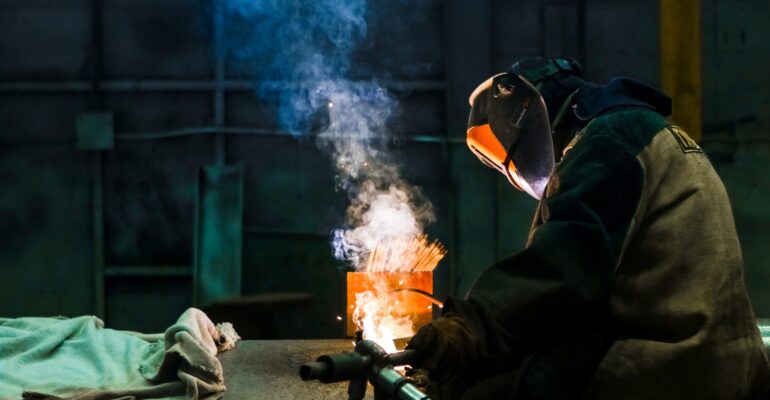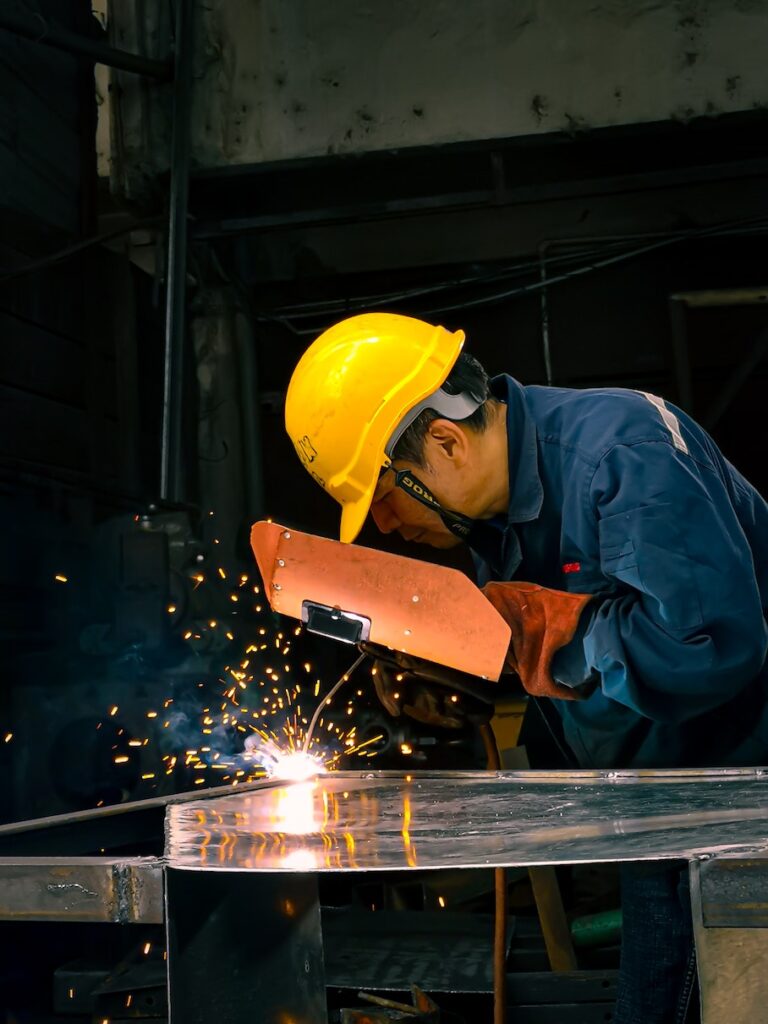
Welding
Welding is an important and versatile joining and manufacturing method that can be applied in numerous industries. It plays a crucial role in industrial manufacturing and architecture, and is essential for the successful completion of industrial and infrastructural projects.
Advantages of Welding:
Strong and Durable Joints: Welding involves the direct fusion of materials, resulting in a strong and durable joint. This joint withstands mechanical stress and vibration.
Wide Range of Materials: Welding can be applied to a variety of materials, including metals, steels, aluminum, stainless steels, copper, and many others.
Precision: Welding allows for precise and detailed joints, making it suitable for complex geometries and detailed components.
Speed: Welding is a fast process, enabling quick assembly of components and faster project completion.
Wide Range of Applications: Welding has a wide range of applications, including architecture, machinery manufacturing, vehicle production, aviation, space exploration, pipeline construction, and many other fields.
Controlled Welding Processes: Modern welding machines and technologies enable high-level control and monitoring of welding processes, ensuring quality assurance.

Reliability: The reliability and durability of welded joints are ensured over the long term, which is particularly important in technical and industrial applications.
Maintainability: Welded components can be easily maintained and repaired if necessary.
Welding encompasses several techniques, each with its own specific applications. For instance, shielded metal arc welding, MIG welding, TIG welding, and laser welding can all be applied to specific tasks and materials. High-quality welding not only ensures the strength of the joined materials but also provides durability and reliability over the long term.
If you aim to create a strong, durable, and cost-effective structure, then welding is an excellent solution.


